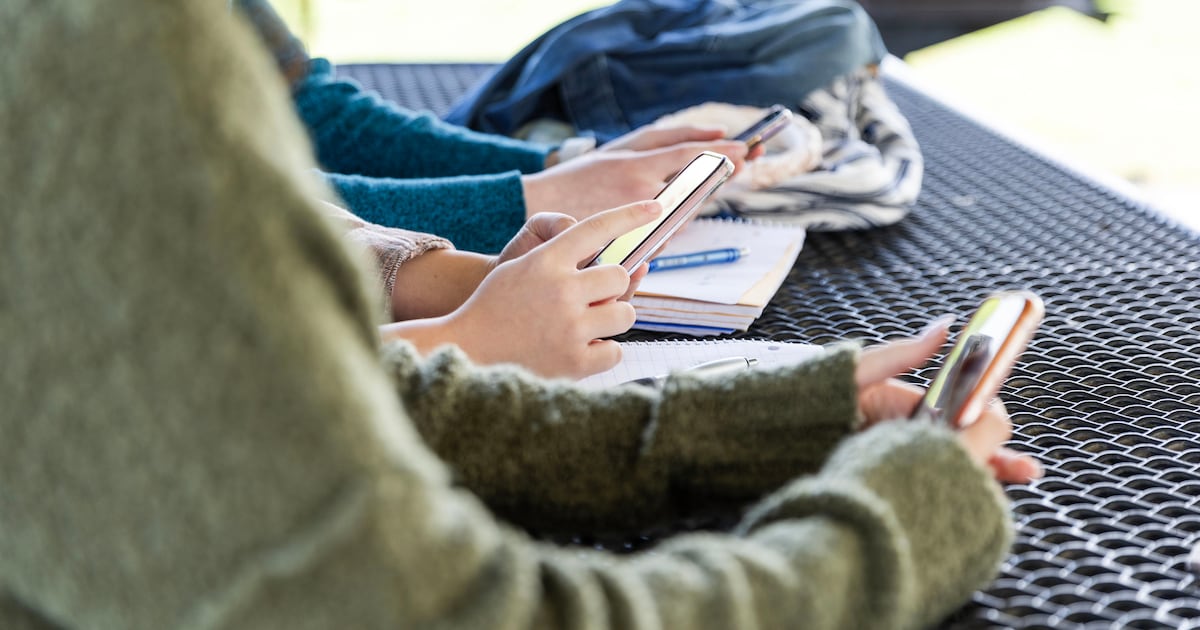Reflecting on the tenets that shape our educational practices is fundamental for …
NYC to implement school cellphone ban in February, according to principals
Carlos Changemaker

New York City, the largest school system in the country, is contemplating a proposal to prohibit cellphones in its approximately 1,600 schools beginning in February. Several principals briefed on the potential policy revealed this information.
Schools would be required to devise their own regulations, as principals indicated, whether they opt to gather devices at the start of each day or have students transport their phones in Yondr pouches, which are cloth cases locked with a magnet from morning until dismissal.
Although these systems can be costly, school leaders are not anticipating additional funds in their budgets, according to the plans shared with them by the principals, who spoke on the condition of anonymity because they were not permitted to communicate with the media.
When questioned to confirm the preliminary plans, Department of Education spokesperson Nathaniel Styer responded, “No decisions have been made yet!”
To collect phones, schools may need to invest in cubbies or other storage equipment, along with additional staffing. Yondr pouches typically range from $25 to $30 per student, with pricing varying based on school size, as indicated by a company spokesperson previously.
Schools Chancellor David Banks has been engaging in discussions with principals throughout the five boroughs regarding cellphones, emphasizing that they overwhelmingly desire a citywide policy. Governor Kathy Hochul is also preparing to unveil a statewide policy concerning cellphones in schools this year.
Since 2015, school leaders have had the authority to establish their own cellphone policies, following the lifting of the school cellphone ban by former Mayor Bill de Blasio. This decision was largely influenced by equity concerns, particularly regarding students in schools equipped with metal detectors, predominantly servicing low-income families, who were forced to pay local businesses for storing their phones before entering school.
Almost a decade ago, the prevalence of cellphones, especially among younger children, was not as significant, and teenagers were not as reliant on social media applications like Instagram and TikTok. AirPods were not as discreet, and parents did not contact their children as frequently.
Consequently, the city’s schools have a diverse array of policies that many educators find challenging to enforce. Teachers in schools where phones are collected or stored in pouches acknowledge that these systems are not foolproof, but they appreciate the clear communication to students. In contrast, schools with a cellphone ban in theory place the burden on teachers to enforce the policy, resulting in inconsistent enforcement from classroom to classroom, causing confusion among students.
An increasing number of educators, experts, and politicians have recently expressed concerns about the adverse effects of cellphones on youth mental health and their impact on learning time. Several school districts, including Los Angeles, the second-largest district in the country, have until January to implement a revised policy banning cellphones.



